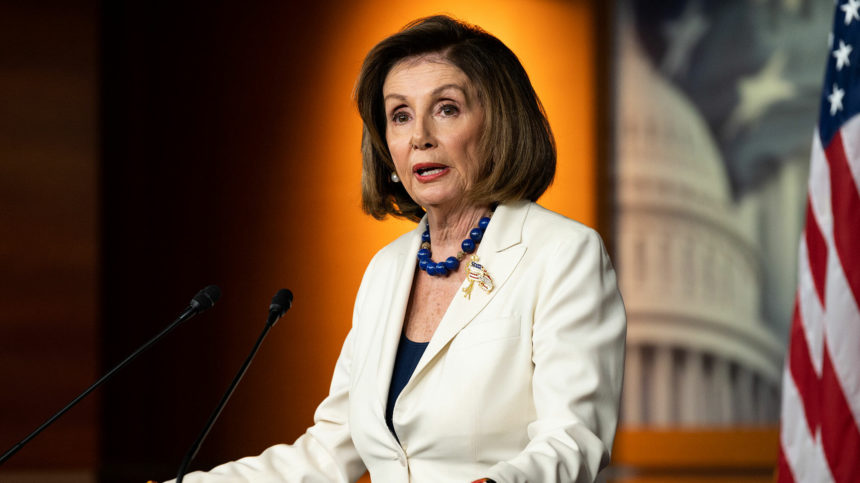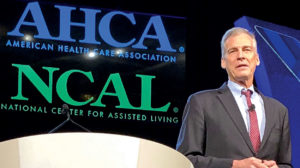
A Medicaid proposal that providers say could cut up to $50 billion nationwide from the program annually would be barred from being finalized during the coronavirus pandemic under a $3 trillion stimulus package unveiled by House Democrats this week.
The measure would halt the Department of Health and Human Services from finalizing or implementing provisions of the Medicaid Fiscal Accountability Rule (MFAR), which was announced by the Centers for Medicare & Medicaid Services in November.
Long-term care providers have previously pushed the agency to withdraw the regulation, saying it would hurt their supplemental payments. The regulation was aimed at clamping down on questionable financial arrangements under Medicaid.
The Health and Economic Recovery Omnibus Emergency Solutions (HEROES) Act also proposes to raise the Federal Medical Assistance Percentage (FMAP) by 14%. It would additionally allocate $500 million for states to create nursing home strike teams to help manage outbreaks and includes $210 million for Medicare’s Quality Improvement Organizations to help operators struggling with infection control, Inside Health Policy reported.
LeadingAge applauded the proposals in the measure.

“The bill also largely continues the previously enacted mandates to maintain Medicaid eligibility, which is important during this health crisis. Taken together, these provisions will help to ensure that those who need care will receive it, including older adults receiving long term services and supports,” Ruth Katz, senior vice president of public policy/advocacy for LeadingAge, told McKnight’s.
She added that the impact of the coronavirus pandemic on aging services providers has been significant, and the need for funding and support is urgent to protect and care for seniors.
“With states facing unprecedented budget challenges, one of the most effective ways the federal government can support states is to increase the federal share of Medicaid,” Katz said.
The American Health Care Association/National Center for Assisted Living added that it’s grateful to House Speaker Nancy Pelosi (D) for focusing on providing relief to long-term care workers and providers. The Senate has yet to announce a similar or companion bill, with many stakeholders noting that the upper chamber has little interest in the Democrat-driven House bill.
“Resources included in this bill will help respond to the deadly outbreak of COVID-19 in long term care facilities, including nursing homes and assisted living communities, across the country,” AHCA/NCAL said. “We look forward to working with the speaker’s office, as well as the House and the Senate as this bill moves through the legislative process.”
In other coronavirus-related news:
CMS Administrator Seema Verma praised AHCA/NCAL President and CEO Mark Parkinson during a weekly stakeholder call with nursing homes on Wednesday. Verma said Parkinson played a key role in helping the Federal Emergency Management Agency deliver adequate personal protective equipment supplies to nursing homes across the country.

“I think that story with [Parkinson] really speaks to the partnership that we’ve had over this enormously difficult time and challenging situation,” Verma said. She also thanked nursing home staff members for their “amazing” work responding to the pandemic.
“From our standpoint, we hope that the work we’ve been doing with the nursing homes represents a partnership,” she added.
CMS representatives also noted that state surveyors have inspected 44% of the nation’s nursing homes, focusing on infection control. They added that providers should continue focusing and improving on their hand hygiene, appropriate PPE use and limiting employees congregating together.
The agency also announced a new toolkit for nursing homes that provides best practices for states and facilities to help manage and prevent the spread of COVID-19.





